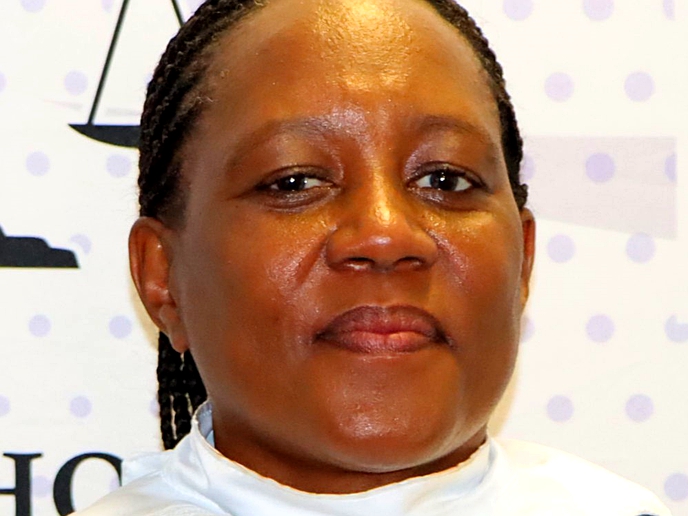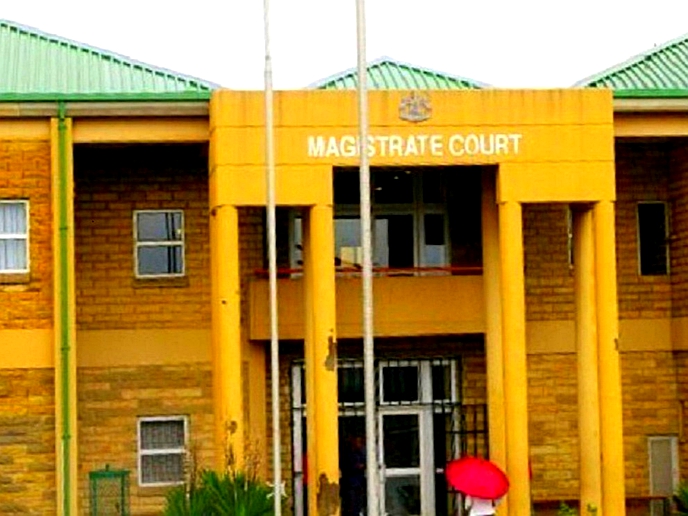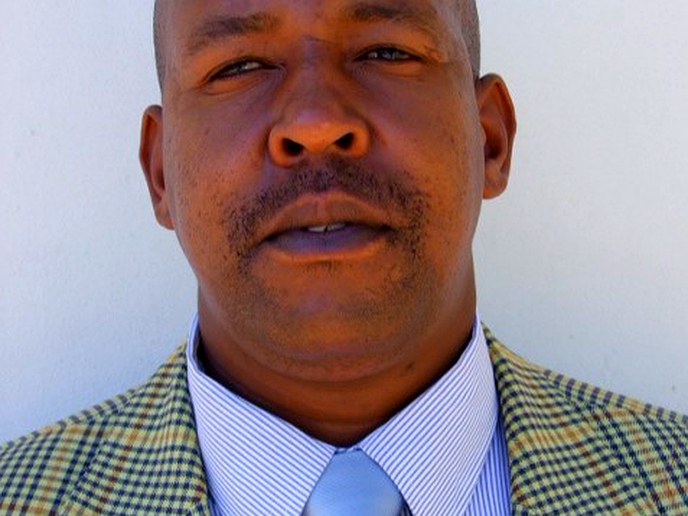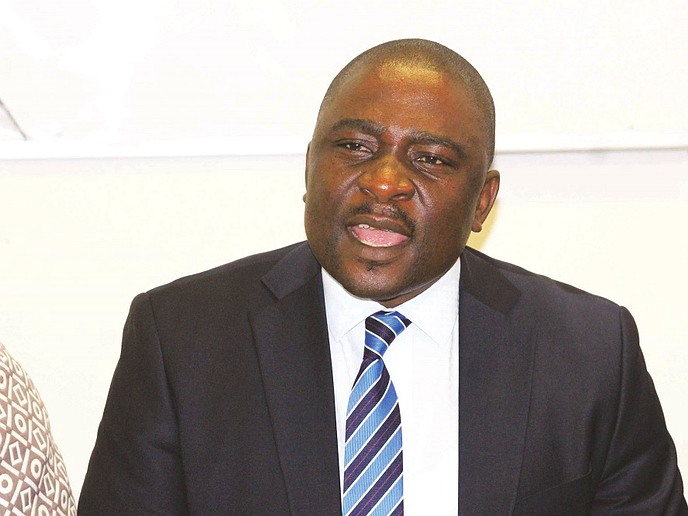THE South African government hopes to conclude negotiations with coronavirus vaccine suppliers and begin vaccinating frontline healthcare workers in February, according to a rollout strategy announced by Health Minister Zweli Mkhize on Sunday evening.
news
Jan. 5, 2021
GREG NICOLSON
6 min read
SA wishes for February rollout of vaccines
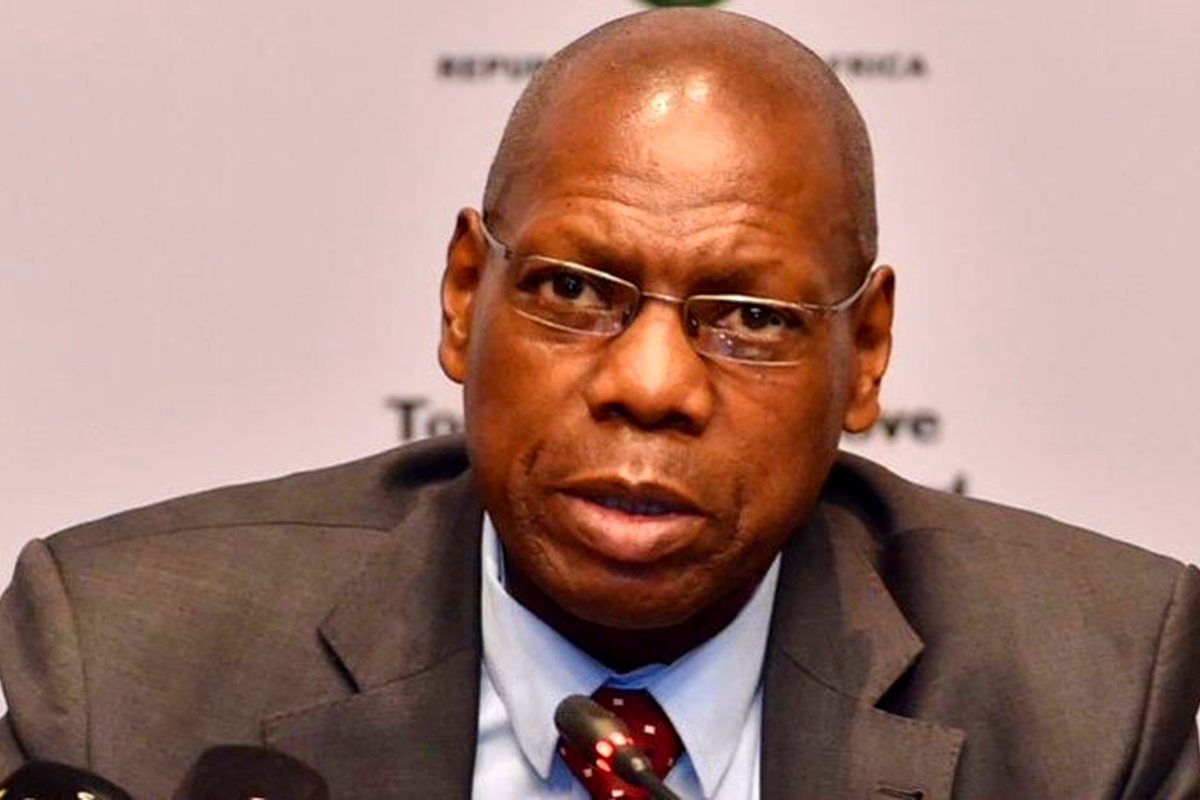
SA Health Minister Dr Zweli Mkhize
South Africa expected to start receiving vaccine supplies to cover 10% of the population through the Covax initiative by the beginning of the second quarter of 2021, but Mkhize said government departments were working urgently to secure vaccines through bilateral deals with manufacturers.
“In fact, we are targeting February. Although all of that is going to depend very much on the success of the current bilateral negotiations that we’re having with various companies,” said the minister in a virtual press briefing.
He said the target date was “really more our wish” and no deals had been reached to deliver vaccines by February, but the government was “fighting” to secure supplies before the second quarter of the year.
Under the strategy, a vaccine will be administered in three phases, starting with the country’s estimated 1.25 million frontline healthcare workers. An estimated 16 million people will be vaccinated in the second phase, including people working in essential services and congregate settings, the elderly and people with comorbidities.
Phase three will target another 22 million people to bring the total number of persons vaccinated to 40.3 million, or 67% of the country’s population, the level at which it’s believed herd immunity can be achieved.
Health department director-general Dr Anban Pillay said he was “fairly confident” South Africa would receive vaccines in the first quarter of 2021.
He claimed that while negotiations with companies were ongoing, Covax, the global initiative aimed at providing equitable access to vaccines, was working to supply South Africa earlier than first expected but it had made no firm commitment.
The health officials were speaking amid growing criticism of the state’s failure to secure a vaccine deal, beyond the Covax initiative, as dozens of countries have already started rolling out vaccination programmes.
Leading health professionals, including SA Medical Research Council president Professor Glenda Gray and Progressive Health Forum convenor Dr Aslam Dasoo, recently said the state’s “lack of foresight will visit on us the consequences of the greatest man-made failure to protect the population since the Aids pandemic”.
They claimed state health officials had embarked on a “frantic cover-up and evasion of culpability” by recently downplaying the importance of securing a vaccine.
Professor Barry Schoub, chair of the ministerial advisory committee on Covid-19 vaccines, on Sunday warned that vaccines would “not be a magic bullet” in the fight against the coronavirus and false expectations could lead the public to abandon critical non-pharmaceutical interventions.
South Africa recorded 11,859 new coronavirus cases on Sunday.
Mkhize denied the state had failed in its efforts to secure vaccine supplies and suggested critics were misinformed about the country’s efforts and ability to reach bilateral agreements with companies.
Critics claim the state could have made a non-binding commitment to purchase vaccines. Gray and her colleagues slammed officials who claimed they could not afford to commit to a vaccine that may not work.
“An Advanced Market Commitment does not require upfront payment for the vaccine and commits the buyer to purchase the vaccine only when it becomes available, at an agreed price and quantity,” the health experts wrote.
Mkhize dismissed the claim that the state could commit to a non-binding agreement and said Covax, which is looking to source multiple vaccines, had been the safest bet.
Pillay said vaccine manufacturers had required “a clear financial commitment”, including a deposit and the payment of the balance before delivery.
On Sunday, the Democratic Alliance questioned why South Africa had not been able to reach any bilateral agreements while a country such as Colombia, with similar socioeconomic issues, had secured multiple deals.
Mkhize said intense negotiations with companies were now under way.
“We’re at a very sensitive stage with our discussions. We’ve signed a non-disclosure agreement with various manufacturers. We’ve also received the terms of agreement from various of these particular manufacturers and we are waiting for specific offers that need to be discussed between us and those companies.”
Enjoy our daily newsletter from today
Access exclusive newsletters, along with previews of new media releases.
The officials said they could not elaborate on negotiations due to non-disclosure agreements, but said they expected Pfizer, AstraZeneca and Johnson & Johnson would submit applications to the SA Health Products Regulatory Authority (Sahpra) for approval by the end of January.
They said Moderna, which was the second vaccine to receive emergency approval in the US after Pfizer, was not expected to apply for approval from Sahpra.
The AstraZeneca and Johnson & Johnson vaccines are seen as more feasible options for widespread use in South Africa as Pfizer’s vaccine must be stored at -70° Celsius. The Johnson & Johnson and AstraZeneca vaccines require standard refrigerated temperatures.
The Pfizer and AstraZeneca vaccines have received approval from multiple health authorities around the world, but Johnson & Johnson’s option could be beneficial as it is likely to require only one rather than two doses.
Pillay said a supplier would be chosen based on the availability of the vaccine, its effectiveness, and storage and distribution requirements and costs.
While negotiations continue, it’s unclear how much the vaccination programme will cost, but Mkhize said the state is in consultation with medical schemes and will aim to collect contributions from private companies to supplement government financing.
“The issue as to when exactly we get these vaccines, it’s a matter that we’re fighting every day and at a certain point we will be able to look back and say we’ve achieved it,” said Mkhize. DM
Tailored for you



